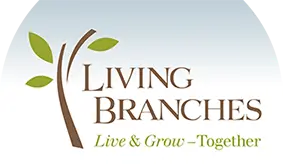Any one of our team members, residents, or families could share first-hand experiences of the full and active lives our residents lead. Here some of the top benefits we see on a daily basis:
- Social Connections – Our communities provide endless opportunities to develop close friendships and bonds – a benefit that becomes increasingly important as we age and face circumstances that might foster isolation. Share a meal together. Enjoy special occasions with friends. Activities and informal games are readily available to keep minds sharp and days full.
- Carefree Living – Find freedom from home maintenance and repair allows residents more time to do the things they love and to try something they’ve never done before.
- A Healthier Life – We don’t want to brag, but if you ask around, it’s no secret that our food is delicious – and it’s nutritious as well. As a result, our residents often notice improvements in their health, since they’re eating three great meals a day. Convenient access to healthcare and medical advice, as well as fitness activities, ensures that mind, body, and soul are nourished on a daily basis.
- Enhanced Relationships with Family – We hear constantly that making the move to a Living Branches community is a blessing to both residents and their families. Because children do not need to step into a caregiver role for their parent, they can enjoy “mom” as “mom” – or “dad” as “dad” – a precious gift for both families and residents.
- Peace of Mind – The continuum of care ensures that your loved one can remain independent for as long as possible. We offer the ability to move smoothly from one level of care to another, so residents can live life to the fullest, without worrying about evolving needs.
